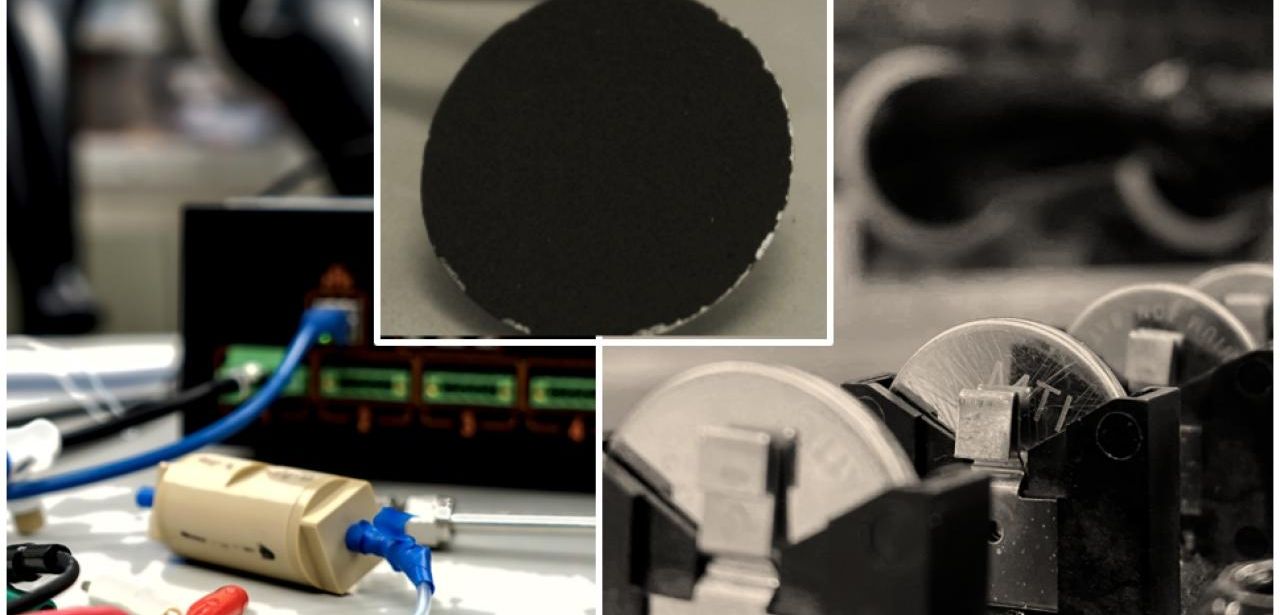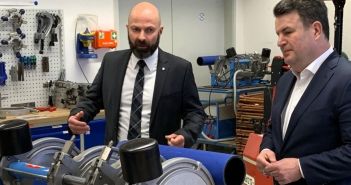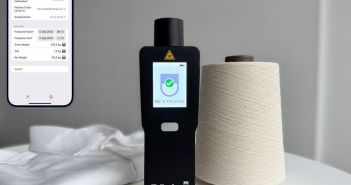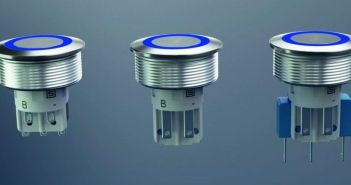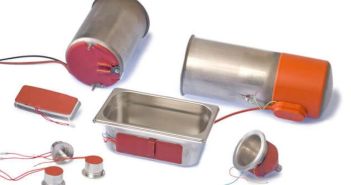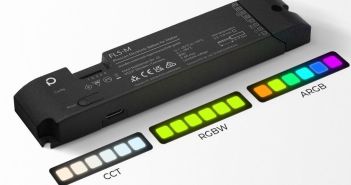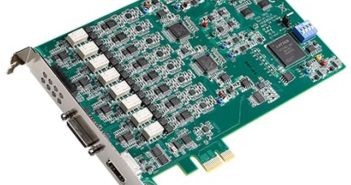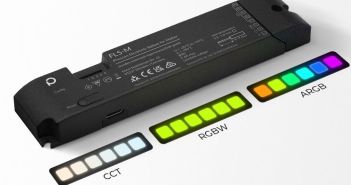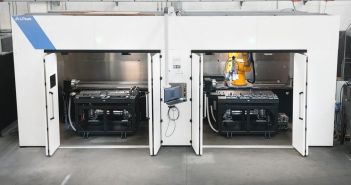The research project “NaNaBatt” aims to develop sustainable and cost-effective production processes for sodium-ion cells, which are crucial for meeting the growing demand for energy storage. By utilizing sodium ions as a future storage technology, this project seeks to establish sodium-ion technology as a complement to lithium-ion technology, effectively addressing the need for energy storage in an economically and environmentally sustainable manner. EAS Batteries, IoLiTec Ionic Liquids Technologies, and three institutes of the Technical University of Braunschweig have collaborated to achieve this goal.
Sodium-ion technology offers advantages over lithium-ion for energy storage
The use of sodium ions as a future energy storage technology offers several advantages compared to lithium ions. Firstly, sodium is available in significantly larger quantities than the critical resource lithium, and its extraction can be done in a more environmentally friendly manner. This reduces dependency on scarce resources and makes sodium-ion cells more sustainable. The environmental impact of sodium-ion batteries primarily lies in their manufacturing processes, such as electricity and heating requirements. The “NaNaBatt” research project addresses this issue by optimizing the production processes of sodium-ion cells to create a sustainable and performance-comparable storage technology.
Another advantage of sodium-ion cells is their safety. Compared to lithium-ion cells, sodium-ion cells offer safety benefits. Moreover, they are expected to have a longer lifespan, which can significantly reduce overall costs. Despite having a lower relative energy density compared to lithium-ion cells, this can be compensated by a roughly twenty percent higher cell volume. As a result, sodium-ion cells are suitable for both stationary energy storage systems and mobile applications.
Efficient Processes for Sodium-ion Cells: Accelerating Market Readiness
The research project “NaNaBatt” aims to transfer established efficient processes in the production of lithium-ion cells to sodium-ion technology at an early stage. This allows for a faster market readiness of environmentally friendly sodium-ion cells. The production utilizes active materials that are abundantly available, easy to source, and highly recyclable. The project’s outcome is expected to be large-format cylindrical cells that maintain a “state of health” of at least ninety percent after a thousand charge and discharge cycles. The developed processing techniques will be evaluated in an environmental impact assessment.
German research project ‘NaNaBatt’ receives â¬1.6 million funding
The research project “NaNaBatt” is receiving approximately 1.6 million euros in funding from the Federal Ministry of Education and Research. With a total volume of 2.2 million euros, EAS Batteries is coordinating the project, which has a duration of three years and will conclude on October 31, 2026. The project aims to generate valuable insights that will contribute to the long-term development of the German battery cell production industry and enhance the competitiveness of the country’s industrial sector. Furthermore, the project’s outcomes will create new market opportunities, generate skilled job positions, and strengthen Germany’s position in the global market.
This research project, “NaNaBatt,” has the potential to revolutionize battery technology in the future. By implementing sustainable and cost-effective production processes for sodium-ion cells, the advantages of this storage technology can be fully utilized. Sodium-ion technology complements lithium-ion technology and helps meet the increasing demand for energy storage in an economically and environmentally friendly manner. The “NaNaBatt” project plays a crucial role in advancing German battery cell production and strengthening the industrial sector in Germany.


